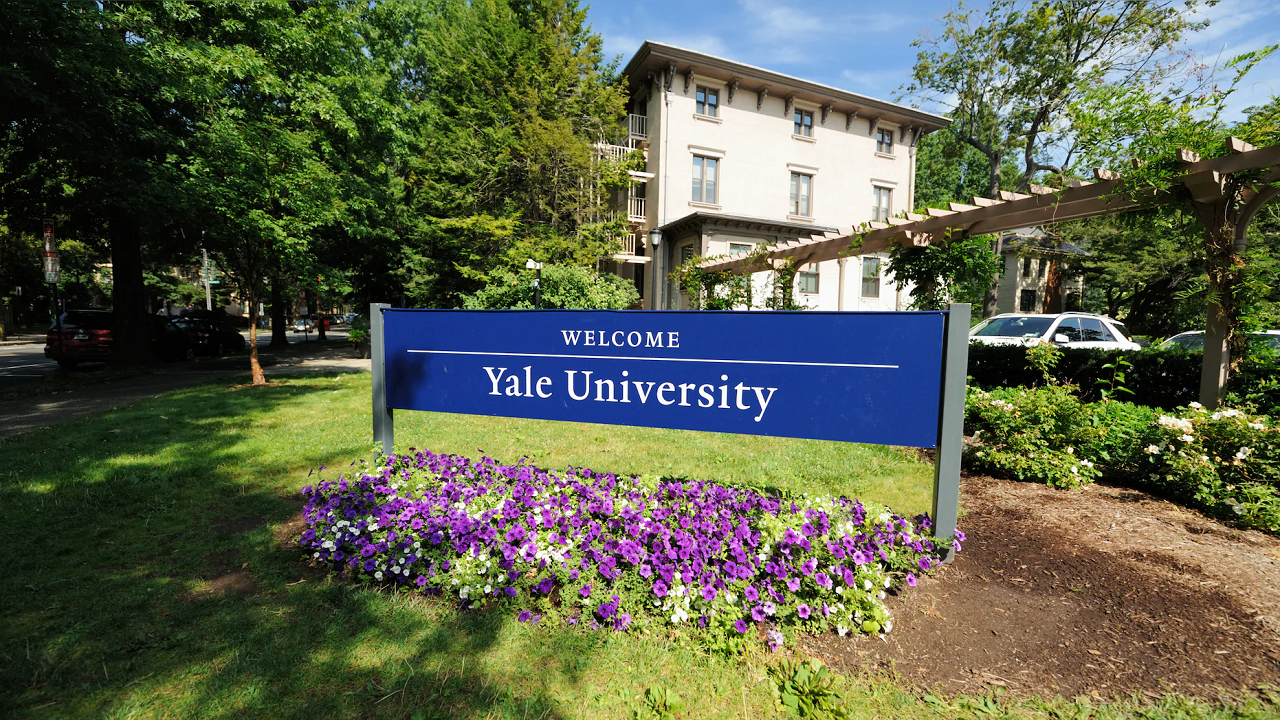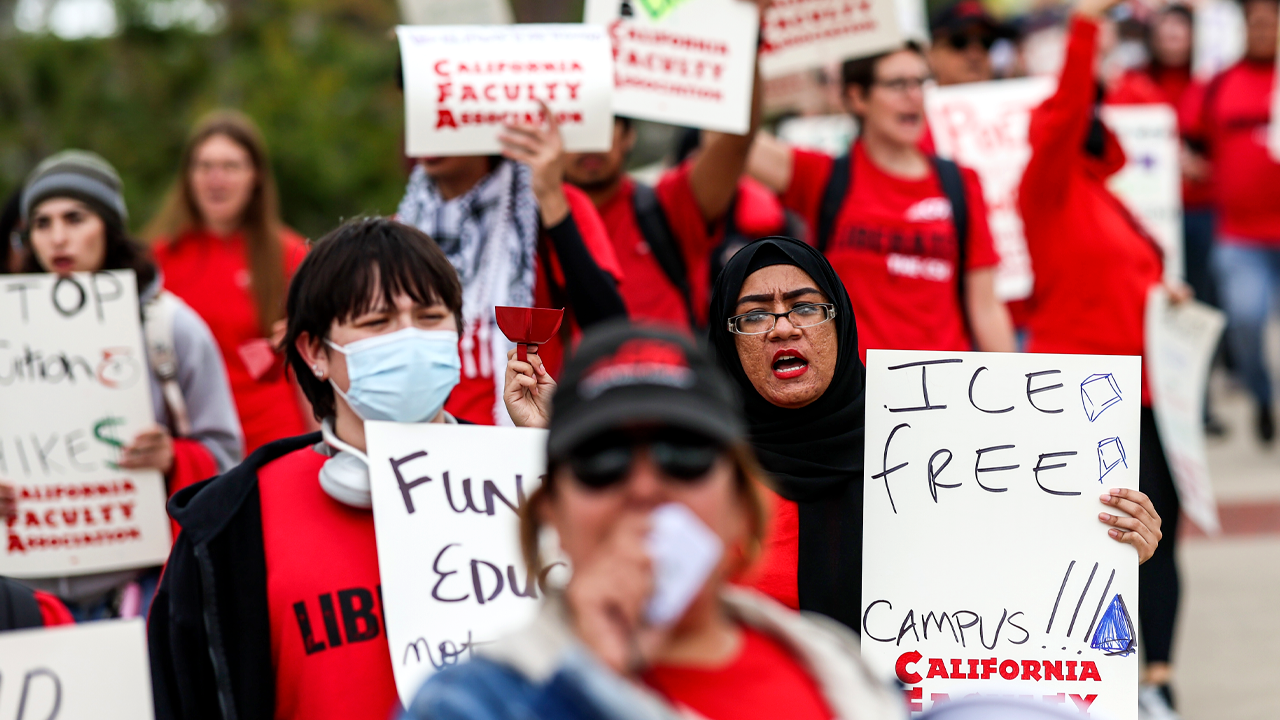Bridging Divides: Can Black and White Women Forge Lasting Friendships?
In recent years, the conversation surrounding race and friendship has gained significant traction, particularly in academic settings. A Yale University class dedicated to exploring the complexities of friendship across racial lines has sparked intriguing discussions about whether genuine connections can transcend cultural divides. The question looms large: Can Black and white women forge lasting friendships, and if so, what are the challenges and rewards involved in such relationships?
The Landscape of Interracial Friendships
Interpersonal relationships, especially friendships, often serve as a mirror reflecting societal norms and prejudices. In many cases, racial and cultural differences can create barriers that seem insurmountable. However, the potential for these friendships to flourish is rooted in empathy, shared experiences, and open dialogue. The Yale class encourages students to share personal narratives, fostering a safe environment where assumptions can be challenged and understanding can grow.
The Importance of Dialogue
One of the core elements in forging friendships between Black and white women is the necessity for honest and open dialogue. Engaging in conversations about race, privilege, and personal experiences can help bridge understanding. Here are some key aspects to consider:
- Active Listening: Listening to each other’s experiences without judgment allows individuals to gain insight into the challenges faced by their friends.
- Vulnerability: Sharing personal stories and feelings can create a sense of closeness and mutual respect.
- Awareness of Privilege: Recognizing one’s own privileges and biases is crucial in understanding the dynamics of friendship across racial lines.
Challenges in Building Interracial Friendships
While the prospect of forming friendships between Black and white women is promising, several challenges can arise:
Historical Context
Historical tensions between racial groups often cast a long shadow over potential friendships. The legacy of segregation, discrimination, and systemic racism can create an atmosphere of mistrust. Understanding this historical backdrop is essential for fostering genuine connections. Both parties must acknowledge the past while focusing on the present and future.
Societal Expectations and Stereotypes
Societal expectations can complicate interracial friendships. Stereotypes about both Black and white women can lead to misunderstandings. For example, Black women may feel pressure to represent their entire race, while white women might grapple with fears of being perceived as patronizing. These stereotypes can create a barrier to authenticity, making it crucial for friends to address and dismantle these preconceived notions.
Benefits of Interracial Friendships
Despite the challenges, the benefits of forging friendships across racial lines are profound. Here’s why these relationships matter:
Broadened Perspectives
Friendships between Black and white women can provide unique viewpoints that challenge narrow worldviews. Exposure to different cultural practices, traditions, and values enriches both individuals’ lives. This broadened perspective fosters empathy and understanding, essential qualities in today’s diverse world.
Empowerment and Support
These friendships can be a source of immense empowerment. Black and white women can support each other in navigating the challenges posed by their respective racial identities. This mutual support can manifest in various ways:
- Sharing Resources: Friends can help each other find opportunities for personal and professional growth.
- Emotional Support: Understanding the unique pressures each faces can lead to a stronger emotional bond.
- Collective Advocacy: Together, friends can advocate for racial equity and social justice, amplifying their voices.
Creating a Framework for Lasting Friendships
So, how can Black and white women create lasting friendships in the face of these challenges? Here are some strategies:
Engagement in Shared Activities
Participating in activities that foster collaboration and teamwork can help build connections. Whether it’s joining a community service project, attending cultural events, or starting a book club focused on racial issues, shared experiences can strengthen bonds.
Education and Awareness
Both parties should commit to educating themselves about each other’s histories, cultures, and experiences. Reading books, attending workshops, and listening to podcasts can deepen understanding and appreciation for one another’s backgrounds. This commitment to education can lay a solid foundation for authentic friendship.
Emphasizing Common Goals
Focusing on shared values and goals can help bridge divides. Whether it’s a commitment to social justice, personal growth, or community involvement, having common objectives fosters unity. These goals can serve as a rallying point for the friendship, reinforcing the bond between friends.
Conclusion: A Journey Worth Taking
Bridging divides through friendship between Black and white women is not just a possibility; it is a journey worth taking. By embracing the complexities of race and friendship, individuals can foster deeper connections that transcend cultural boundaries. The Yale University class serves as a microcosm of this larger societal challenge, inviting participants to explore their own narratives and assumptions while forging new, meaningful relationships.
As society continues to evolve, the importance of these friendships cannot be overstated. They serve as a testament to the power of human connection, illustrating that through understanding, empathy, and shared experiences, Black and white women can indeed forge lasting friendships. In doing so, they not only enrich their own lives but also contribute to a more inclusive and understanding society.
See more TED Talks World



